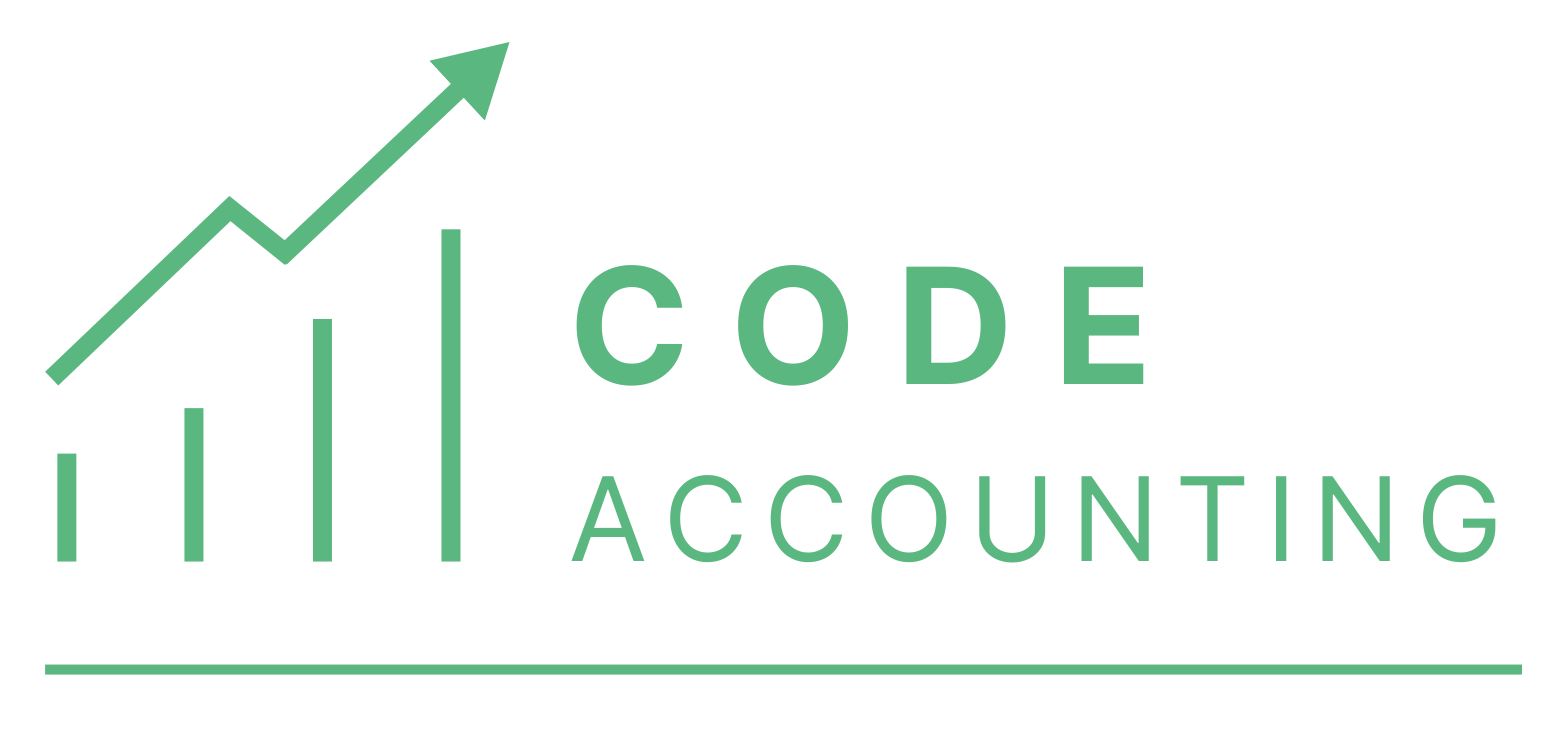You’ll need to do it, so make sure to do it right.
All businesses make payments to vendors. But are you required to report these payments to the IRS? It depends on who you are making payments to and the amount being paid during the year.
Various types of Forms 1099 must be provided to certain type of payees by January 31, and, new for 2017, to the IRS also by January 31. Here’s a rundown of some of the more common payments that may require an information return.
- Payments of $600 or more to contractors or other services providers (other than corporations) must be reported to the recipient and to the IRS on Form 1099-MISC.
- Payments to attorneys for business-related services must be reported to the attorney and to the IRS. Normal legal services should be reported in box 10. Lawsuit settlements and legal damages require special reporting to the IRS.
- Rents totaling more than $600 paid to an individual landlord, partnership, or estate (but not rents paid to a corporation) must be reported on Form 1099-MISC. (However, rents paid to a real estate agent are generally not required to be reported.)
These forms must be mailed to the recipient by January 31 and are due to the IRS at the same time.
If you made payments to the vendors via credit card charges, you do not have to include these payments as they will already be picked up by 1099-K through merchant services.
Bear in mind that the penalties for failure to comply with these information-reporting requirements can be stiff. The IRS has also increased penalties for failure to file Form 1099; it is now a total of $520 per Form 1099 for not meeting this requirement. These new questions and the increased penalties are evidence that the IRS is trying to find businesses that are not filing Form 1099. It is more important than ever that this filing requirement is not overlooked.




